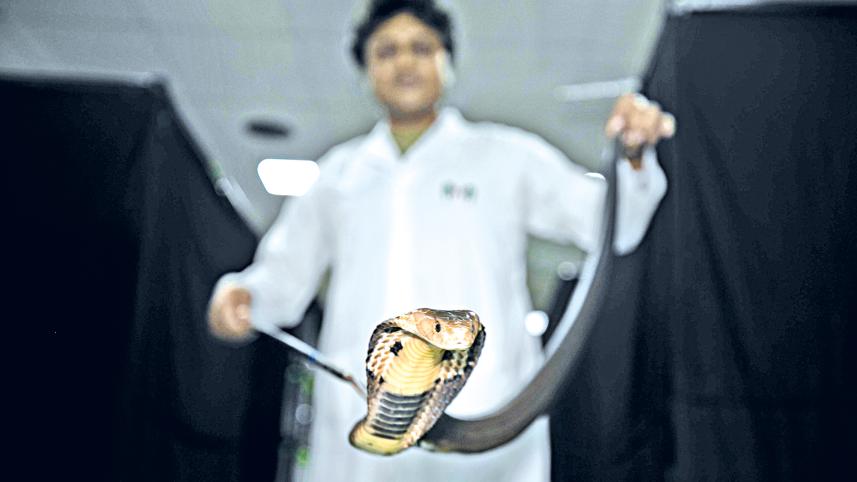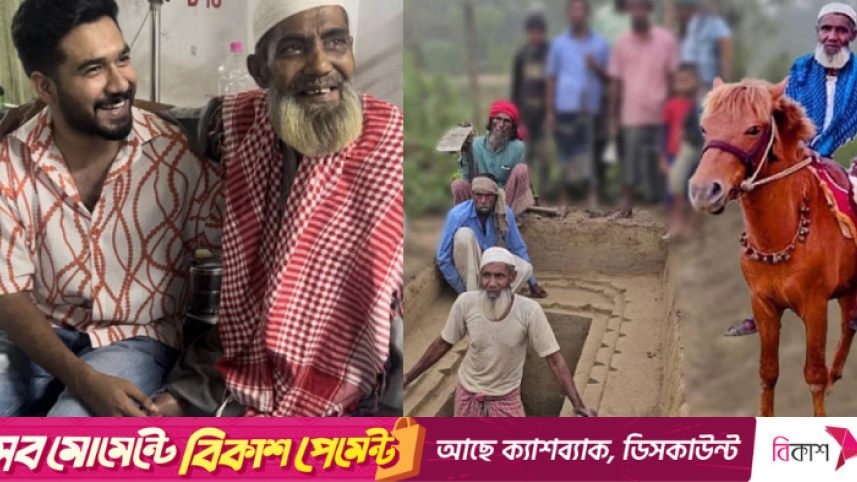VENOM: let there be cure

Venomous snakes. In boxes, inside a laboratory.
Not just one or two, a total of 60 of them, belonging to various species of cobra, krait and vipers, are being reared with utmost care at the Venom Research Centre of the Department of Medicine in Chattogram Medical College (CMC).
To feed the snakes, rats and lizards are also being reared in the centre. Chicks are also brought in for them.

The snakes are part of a research, the first of its kind for the country, which aims to produce anti-venom for the treatment of snake-bitten patients.
The government has taken up the project under the non-communicable diseases control programme, with 15 researchers from CMC Medicine Department and Chittagong University's zoology department jointly implementing it.
The five-year project started in March 2018.
Dr Aniruddha Ghosh, principal investigator of the project and professor of CMC's medicine department, told The Daily Star around six lakh people fall victim to snake bite every year in Bangladesh.
The anti-venom available in hospitals doesn't work in many cases, resulting in the death of many snake bite victims, he added.
Currently, the country's anti-venom is usually imported from India.
He mentioned that the World Health Organization (WHO) has found in a research that properties of snake-venom may vary according to geographical location.
"The anti-venom which works for snakes of one country may not work the same in another country," he said.
Dr Aniruddha also said, "In 2017, WHO took up a resolution that snake-bite patients would have to be treated with anti-venom produced in their own country."
The government has initiated the project in this light.
He also said the CMC Venom Research Centre now has stock of venoms of all the medically important venomous snakes of the country.
"The WHO has already contacted with us over collecting venoms as we're the only research centre which can supply them all types of venoms found in the country. WHO officials directly contacted us, but we've asked them to come through government channel," Dr Aniruddha said.
Abdullah Abu Sayeed, assistant professor of CMC's medicine department and co-investigator of the project, said, "We have collected venom from all sorts of common venomous snakes in the country."
"We are conducting studies on the structure of the venoms and are looking into variation among them with respect to the snakes' age and habitat location," he added.




 For all latest news, follow The Daily Star's Google News channel.
For all latest news, follow The Daily Star's Google News channel.
Comments